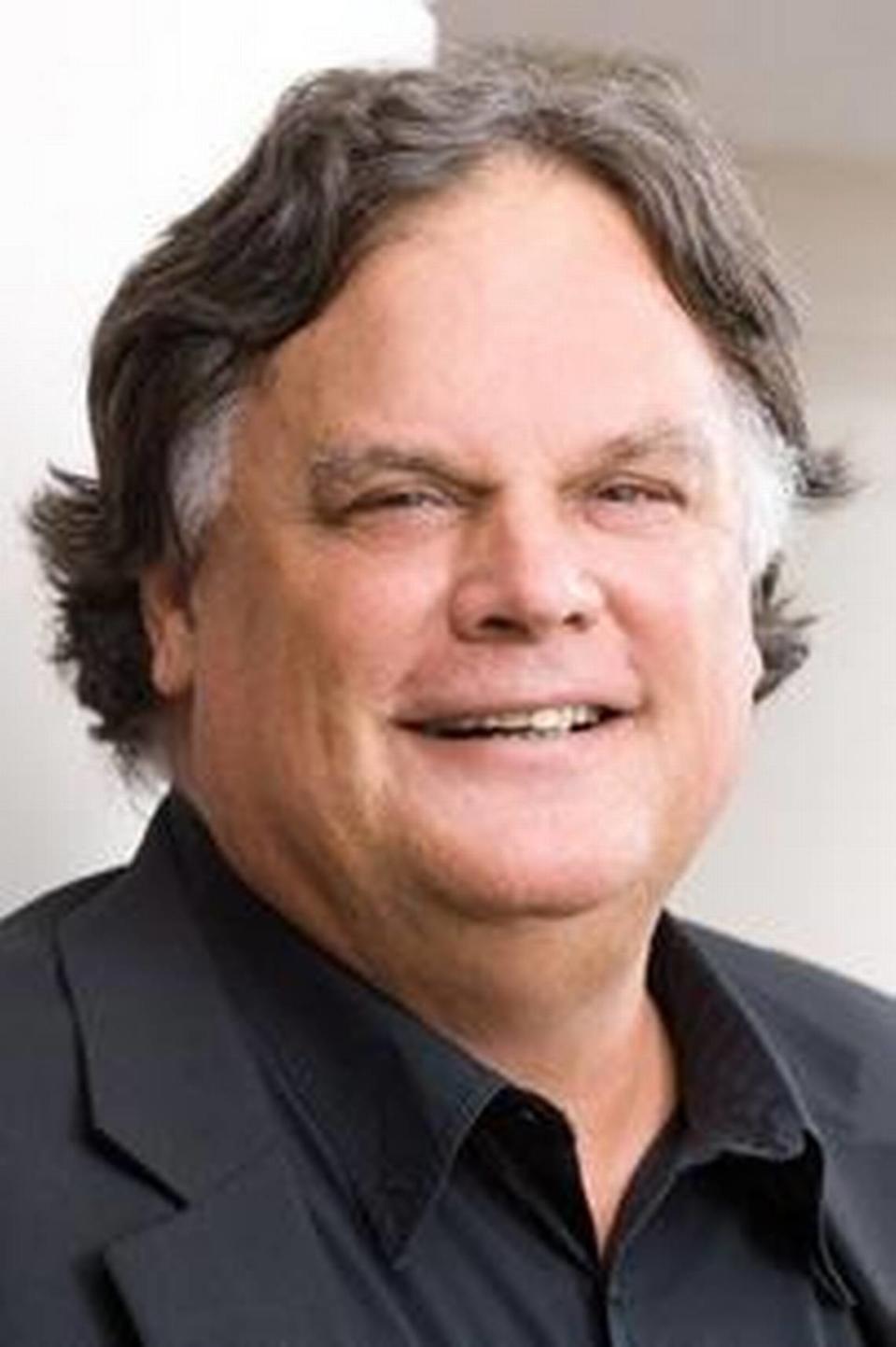UNC overseers are all-in on the Republican legislature’s racialized agenda | Opinion
Here’s the least surprising headline I’ve read in months: “UNC System Board Committee Approves Policy Gutting DEI.”
At a UNC-Chapel Hill Board of Trustees’ committee meeting in early April, Jim Blaine — former chief of staff for N.C. Senate Leader Phil Berger — said it was “likely the Board of Governors or the state legislature will follow Florida’s path as it relates to DEI this year.” Republican partisans Marty Kotis and David Boliek enthused. No wokeism tolerated here. Besides, the Chronicle of Higher Education reports that more than 80 Republican anti-DEI bills have been introduced nationwide since 2023. Time to get in gear.

So on April 17, the UNC System Board of Governors University Governance committee unanimously approved a measure that would essentially repeal the university system’s existing policy on diversity, equity and inclusion (DEI) and eliminate diversity officer positions across the 17 campuses. No public discussion was had. Beth Moracco, faculty chair at UNC-Chapel Hill, said the proposal “took us (by) surprise.”
After the diversity offices are eliminated, chancellors will be required to report to UNC System President Peter Hans on “the reductions in force and spending.” I’m sure Hans and UNC’s new Interim Chancellor, Lee Roberts, will carry out the mission in a “nonpartisan” fashion. Having done their work on affirmative action and critical race theory, Republican die-hards have now set their sights on “diversity.” Next year, they’re going to repeal the twentieth century.
In the meantime, as the result of another included provision, “employing subdivisions” in every corner of the far flung system are trying to figure out if they are ”organized” around “matters of contemporary political debate or social action” — so they’ll need to close their doors. The constitutional lawyer in me marvels at the breadth and vagueness of that particular classification.
It’s hard, I concede, to censor the work of 17 massively distinct campuses. Surely, our overseers actually mean matters thought controversial, at present, by right-wing Republicans. But it’s hard to write that into a regulation as a limiting principle.
UNC spokesman Kevin Best said Chapel Hill “will continue to welcome people from all walks of life with a variety of experiences and perspectives.” As he did so, several intrepid UNC student groups reported they had been kept out of the “open” meeting where the discussion was held.
I find it almost more interesting that this is being done, according to reports, in order to get ahead of the N.C. General Assembly — as is apparently occurring with a proposed new American civics requirement. The governors don’t want to “leave the door open for legislative interference.” I suppose it’s thought better to just adopt the agenda of the usurper voluntarily.
But a word should be noted about the “agenda” of the N.C. General Assembly. It has, famously and repeatedly, enacted statutes to impair the equal electoral rights of African American Tar Heels. These have included among the country’s most extensive and enduring racial gerrymanders and the use of “surgical precision” to target Black voters. Courts have ruled that the “persistent and malignant effects” of their electoral abuse “bear an uncomfortable resemblance to political apartheid.”
Our Republican-controlled legislature also repealed the Racial Justice Act, made it harder to get access to police video after the George Floyd killing, and offered new criminal punishments following North Carolina Black Lives Matter protests. They’ve moved to tell us what we can learn about our own racial history and permanently lionized Confederate memorials. Tragically, there is much more.
The frank truth is no modern university can tolerate the heavily racialized agenda of the N.C. Republican Party, much less accommodate it, or “get ahead of it.” No matter how many anti-democratic and anti-egalitarian hacks demand it be so.
Contributing columnist Gene Nichol is a professor of law at the University of North Carolina-Chapel Hill.


